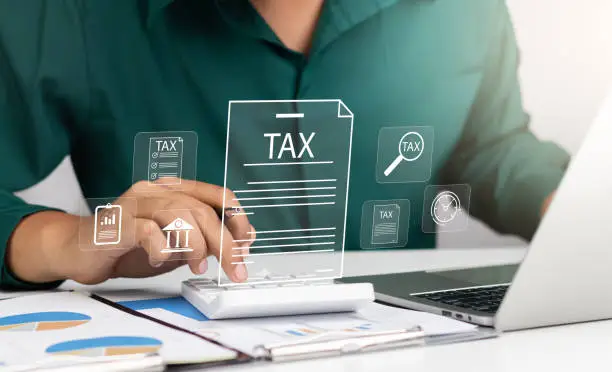

The campaign to encourage Australians to despise the wealthy and demand high taxation from them has been reignited by a new book by Labor’s Assistant Minister for Competition, Charities and Treasury, Andrew Leigh. This led the SMH’s Matt Wade to write a catchy story headlined as The superstar effect: Australia’s growing band of Billionaires.
Leigh is also the Assistant Minister for Employment and in a past life a professor of economics. He’s smart but is renowned for wanting the wealthy to be taxed more heavily.
His new book Battlers and Billionaires puts on display just how wealthy our rich super stars are. It will make a lot of Aussies say: “These people are too rich and need to be slugged more!” And that’s the point of Minister Leigh’s exercise.
Wade took this from Leigh’s research: “The updated story of inequality in Australia show that between 1983 and 2024, the richest 0.001 per cent of Australians increased their share of household wealth more than fivefold, from 0.7 per cent to 4.2 per cent”.
There was even a more graphic portrayal of the wealth of the few in Australia. “The top 20 Australians now have twice as much wealth as the bottom two million households,” Leigh calculated.
The Minister thinks more and more Australians are worried about the escalation of wealth for a small minority of Aussies and the poverty that’s not being addressed because the tax system is failing to access the wealth of the very rich.
In Australia over the past four years, we’re creating billionaires at a rate of one every three months. As Wade showed: “Miner Gina Rinehart topped the latest rankings, followed by property developer Harry Triguboff (who has been on the rich list every year since 1983), tech entrepreneur Mike Cannon-Brookes (and [former] wife Annie Cannon-Brookes) and manufacturer Anthony Pratt.”
But this is not just an Aussie thing, with UBS estimating that “the number of billionaires worldwide jumped 52 per cent over the past decade to 2682 [and] total wealth controlled by billionaires over the period has more than doubled”.
Wade says “Oxfam estimates the world’s richest 1 per cent now owns 45 per cent of all global wealth. It also predicts that the world will likely have five “trillionaires” within a decade.”
Right now, Elon Musk is a third of a trillionaire, with Forbes.com calculating his worth at US$330 billion, or in Aussie terms $532 billion!
Oxfam is on a unity ticket with Andrew Leigh and wants politicians to start taxing the rich more heavily.
As Wade revealed: “Oxfam Australia chief executive Lyn Morgain said billionaire wealth is too often rooted in unearned privilege and tied to intergenerational advantage. She is calling on Australia’s major parties to increase taxes on the ultrarich to help tackle inequality and bolster public services.”
So, what looked like a story about success and great Australian entrepreneurs (whose success actually ends up with piles of dollars in their bank accounts) is really about making voters think about when the Australian Government will tax the rich more to help poorer Australians.
Lyn Morgain pitched her view with no sugar coating: “As the federal election looms, it’s critical that our political leaders take bold steps to ensure the super-rich pay their fair share of taxes, so we can fund essential services like healthcare, education, and climate action—and build a fairer society for all”.
There are problems of smashing the successful with tax and here they are:
1. The successful create production and employment, which leads to income and then taxation via their own tax bill, the GST their businesses collect and the tax their employees pay.
2. Smash the very wealthy and they will move overseas. In 2012, France brought in a 75% tax on the super wealthy and actor Gerard Depardieu moved to Belgium.
3. Where do you set the super-rich income levels for higher taxes, so a government gets enough new taxes to do really help those less well off? This could mean lots of ‘not very rich’ people will also be taxed very heavily.
4. And then there’s our lack of faith in politicians to spend our taxes wisely. As media mogul and Nine TV chairman Kerry Packer once told a Parliamentary inquiry, who accused him of evading his tax obligations: “If anybody in this country doesn't minimise their tax they want their head read. As a government I can tell you you're not spending it that well that we should be paying extra."
Undoubtedly, Andrew Leigh and Oxfam hope we’ll hear more about taxing the rich in the election campaign that has unofficially started. But given what happened to Bill Shorten in 2019, I suspect promising more taxes on the successful will be ‘off limits’.